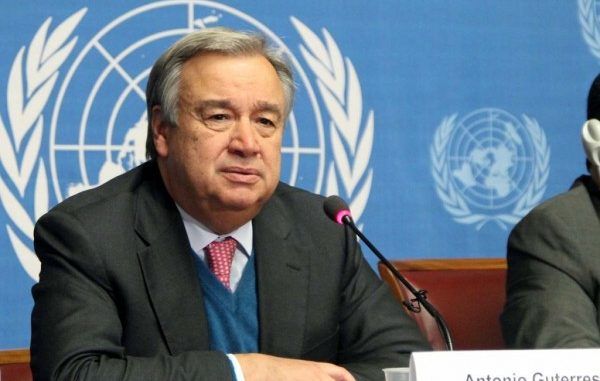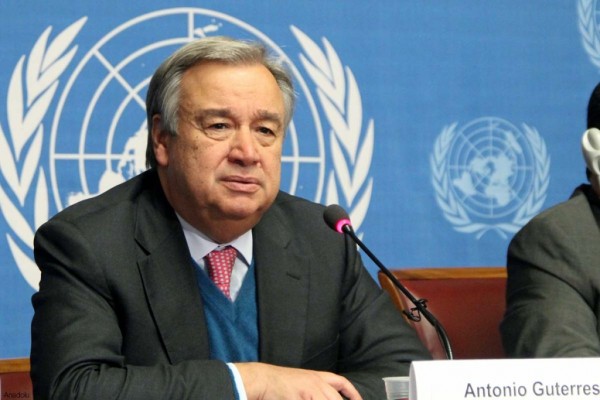
UN Secretary-General António Guterres says the world is witnessing the multiplication of violent conflicts because the conflicts of one country are becoming increasingly interlinked with those of other countries.
Guterres made the remark at the on-going Munich Security Conference in Germany.
He said that violent conflicts persisted as a result of inequality, unemployment, climate change, globalisation, fragility of states, among others.
“We live in a dangerous world. We are witnessing a multiplication of new conflicts, old conflicts seem never to die – be it in Afghanistan or Somalia – and these conflicts are becoming more and more interlinked and linked to a new threat of global terrorism.
“If one looks from Nigeria to Mali to Libya, Israel-Palestine, Syria, Somalia, Yemen, Afghanistan, it is clear that all these crises are connected to each other.
“Fighters moving from one place to another and sometimes going back to countries of origin, namely here in Germany, representing a huge threat to our common global security,” he said.
Guterres said the trends of climate change, population growth, chaotic urbanisation, food insecurity, water scarcity, and massive movements of people, were also becoming interlinked, enhancing each other, with dramatic consequences.
According to him, the consequence of these trends is the competition for resources, increasing the probability of conflicts to take place and generating dramatic humanitarian situations.
“And I would say on population growth that new attention needs to be focused on that, especially in Africa.
“And for me, a key condition to address it is the combination of education and the empowerment of women and girls.
“This is probably the best way to be able to address the problems of excessive population growth that is impacting dramatically in some parts of the world.”
Guterres expressed regret over the asymmetric effects of globalisation, which were unfortunately contributing to the problems of global peace and security.
“Globalisation has been an incredible generator of wealth, of prosperity, improving living conditions mostly everywhere in the world, decreasing absolute poverty quite substantially.
“But globalisation has its losers.
‘’Globalisation – it was asymmetric, as I said – and there is, in some parts of the world, in several communities, the feeling that they were left behind, that nobody was taking care of them, and this has generated with the increase of inequalities.
“Fortune has just published that the eight richest persons in the world have a wealth that is similar to the wealth of half of the poorest part of the world’s population.
“And, of course, too excessive of inequalities are also generators of instability and unrest. And all of this has undermined the confidence between peoples and public opinion and their political establishments, and also the confidence in relation to international organisations.”
Guterres said unemployment had become the biggest threat to global security.
He said “we see huge pockets of youth unemployment, and I believe that is probably the biggest threat in relation to our global security.
“There is nothing worse than a young man or woman who has graduated from university, not having chance to find a job, not having any hope, nothing worse than this situation and nothing better for the recruitment of violent extremist organizations or of terrorist organisations.”
The UN chief pledged to reform the security architecture of the UN to effectively emphasise prevention rather than responding to crises after they might have brought about untold consequences.
He said the UN “will use partnerships with other entities, taking profit of our competitive advantages – the EU, the African Union, other organisations around the world” – to achieve Agenda 2030.
He said the target was to bring about a world free of violent conflicts by year 2030. (NAN)




